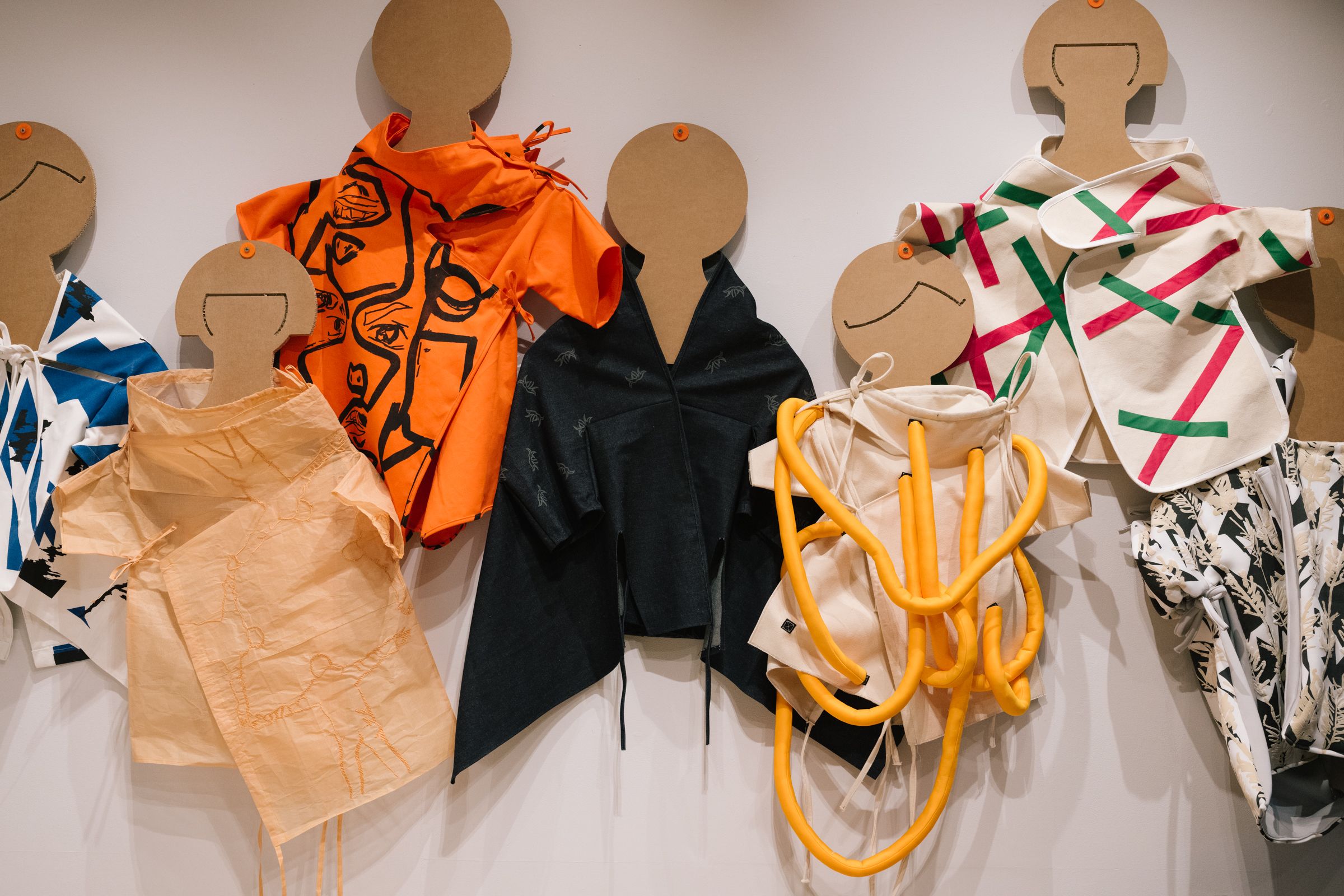Key highlights from the Copenhagen Global Fashion Summit 2024

- Written byJustine Head
- Published date 01 October 2024

Earlier this year, Justine Head, UAL Awarding Body’s Chief Examiner of Fashion and Business Retail, attended the Copenhagen Global Fashion Summit. The Global Fashion Summit is the leading international forum for sustainability in fashion and is presented by Global Fashion Agenda.
Convening major decision makers from across the world, the forum was first launched in 2009 as a COP15 (United Nations Biodiversity Conference) side event and has become the nexus for agenda-setting discussions and presentations on the most critical environmental, social and ethical issues facing our industry and planet, all intended to spark urgent action and accelerate impact in the industry.
Justine Head shares her key insights from the event.
- Urgent Need for Faster Progress: The overall sentiment at the summit was that progress towards sustainability in the fashion industry is moving too slowly. Key challenges include insufficient government policies, EU regulations, ingrained industry practices and consumer habits that hinder the pace of change.
- Youth Empowerment and Global Collaboration: The Centre for Sustainable Fashion, a UAL research, education and knowledge exchange centre based at the London College of Fashion is partnering with initiatives like the Global Fashion Agenda Academy to form the Next Gen Assembly 2024, focusing on empowering young people to drive positive change in the industry. The goal is to unite global changemakers, using storytelling as a tool to inspire and enact improvement from a global perspective.
- Innovation and Collaboration in Sustainability: Brands like Ralph Lauren are embracing sustainability through innovative collaborations. An example highlighted was the "Artists in Residence" project, where Ralph Lauren partnered with Naomi Glasses, a weaver and skateboarder from Arizona, to create a series of collections that integrate her cultural heritage into the brand's designs.
- Call for Industry-Wide Transformation: Speakers like Paul Polman emphasised that the current pace and scale of change are inadequate. He called for a complete metamorphosis of the industry, stressing that "less bad is still bad" and that true sustainability requires widespread collaboration, partnerships, and community involvement for the fashion industry to survive and strive.
- Ethical Responsibility and Awareness: The summit underscored the importance of making responsible fashion the norm. Discussions by figures like Julie Gilhart focused on the ethical implications of production practices, questioning how cheap a product should be when it comes at the cost of workers' rights and environmental degradation. The need for greater awareness of the realities of fashion production was highlighted as crucial for driving ethical consumption.
Creating a sustainable fashion industry is a huge undertaking but a fundamentally important one. We cannot build for a better tomorrow without acting immediately to lay the foundations for a sustainable, environmentally friendly and ethical future.